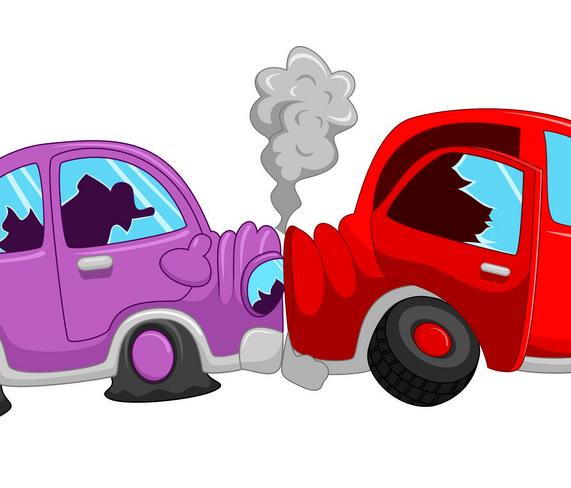
Law in every state requires carrying automobile liability insurance. Other coverage types and options are available for purchase for your policy. One of those is Personal Injury Protection (PIP). This is coverage that pays you for injuries sustained in an auto accident. You may hear people tell you “oh you should have it because health insurance doesn’t pay for auto accidents.” This is only partly true and a topic I hope to clarify for you here.
What Is PIP?
This is coverage you can purchase on your automobile liability policy. It is what is known in the insurance industry as “first party coverage,” meaning: compensation received under your own insurance policy as opposed to receiving payment from someone else's insurance policy. Some states in the U.S. require PIP to be carried on your policy. It automatically comes with your policy and you pay a premium for it.
Most states PIP coverage is optional. In Washington State your insurance carrier must offer it to you by law. However if you do not wish to purchase this coverage, you will have to sign a coverage waiver form. The standard coverage limit is $10,000. You have the option to buy higher limits as well.
How Does It Work?
PIP covers the individual’s medical expenses for injuries incurred in an auto accident regardless of fault and up to the policy limits. But did you know that PIP might cover you in other circumstances? It’s true! PIP will cover for medical expenses, funeral costs, wage loss, loss of services and also may cover:
-Step or foster children
-Your passenger or passengers
-If you are a passenger in another vehicle (or an immediate family member)
-If you are a pedestrian
-If you are hit while riding a bicycle
Definitely refer to your policy contract for the coverage you have purchased.
The Economics
Many factors affect the cost of your auto insurance. Some include but are not limited to coverage options and limits, the car you insure, how many drivers you are insuring, and your driving record(s). PIP coverage can be quite expensive compared to other coverage options you can purchase. Rarely does an auto accident happen without some level of injuries. This coverage can be one of the first opened in a claim. Therefore the more insurance companies pay out under this coverage, the more this coverage will cost over time for the pool of people being insured.
I Have Health Insurance, So Why Do I Need PIP?
Your health insurance may not cover you in an auto accident under the following circumstances: lost wages, transportation by air or ambulance, or emergency room charges. Health insurance will not cover your passenger(s) if they are injured in the accident. Health insurance only covers you (aside from immediate family members on your policy), and many health plans have a deductible.
One of the biggest benefits of PIP is you can seek medical care from any healthcare provider you want. Your health insurance or HMO will require you to see a specific provider in-network. This can delay your care after an accident.
If you are being treated for injuries in an accident, your health insurance carrier may require you prove to them you do not have PIP coverage before they pay for your expenses. This can be a large inconvenience during the stress of being in an auto accident.
Should I Carry PIP Coverage?
In short the common sense answer is: yes. However only you can answer that for yourself and your needs in the event of an auto accident, regardless of fault. In most cases, while PIP can be a costly coverage to carry, its benefits outweigh the costs involved over time. Even carrying the minimum amount of coverage at $10,000 can benefit you in the event of a minor collision.
Everyone’s life goes through changes and your needs for certain insurance may change. The best thing to do is to contact your insurance agent or carrier directly and discuss your needs and the options available to you.
For information pertaining to automobile insurance coverage in Washington, call The Office Of The Insurance Commissioner at 800-562-6900. Or visit their website at www.insurance.wa.gov.
- Eric Gorski, B.S., LMP
*Eric previously worked for a major insurance carrier as an auto insurance underwriter for 17+ years. Part of his duties included educating customers and agents about the auto insurance policy as well as State Of Washington insurance rules. He has also worked as a massage therapist for over 15 years and has had experience with health insurance plans as well as auto insurance policies.
Photo credit: http://www.autoinsurepolicy.com/type1.php